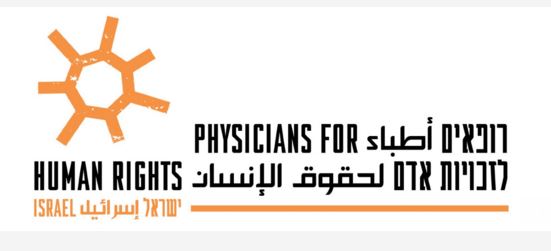This morning, February 4, 2016, Dr. Mahmoud Mahamid, a member of Physicians for Human Rights-Israel (PHRI), visited Muhammad Al-Qeeq, who has been on a hunger strike for 71 days and is at imminent risk of death. Dr. Mahamid reported that Al-Qeeq’s condition was extremely grave and that most of the conversation took place through notes because he could barely speak or even hear.
Al-Qeeq reiterated his refusal to be examined or treated as long as he remains in administrative detention.
The visit took place following the hospital’s ethics committee’s decision last night to allow treatment of Al-Qeeq against his will, based on the deterioration in his health situation and the risk to his life.
This decision contradicts medical ethics, which forbid the forced treatment of a competent and lucid person.
However, in this case and in at least one more occasion, medical staff refused to force-treat Al-Qeeq as long as he was conscious and competent.
This conduct is particularly encouraging since, as previously reported, medical staff did treat Al-Qeeq against his will a few weeks ago.
PHRI calls to respect the medical teams’ autonomy and professional judgment and not to exert pressure on them.
The responsibility to save Al-Qeeq’s life is entirely in the hands of the Israeli authorities, who have arrested him without charges or trial and must free him without delay.
In addition, a hearing will take place today at the High Court of Justice following a petition submitted by PHRI against the shackling of Al-Qeeq to his bed, in contravention to procedures and despite his grave condition.
The petition was submitted following the decision by the District Court to delay the hearing and avoid ruling on the organization’s petition to remove the shackles despite its urgency.
PHRI demands the immediate removal of the shackles which are being used time and again to break hunger strikers’ spirits.

